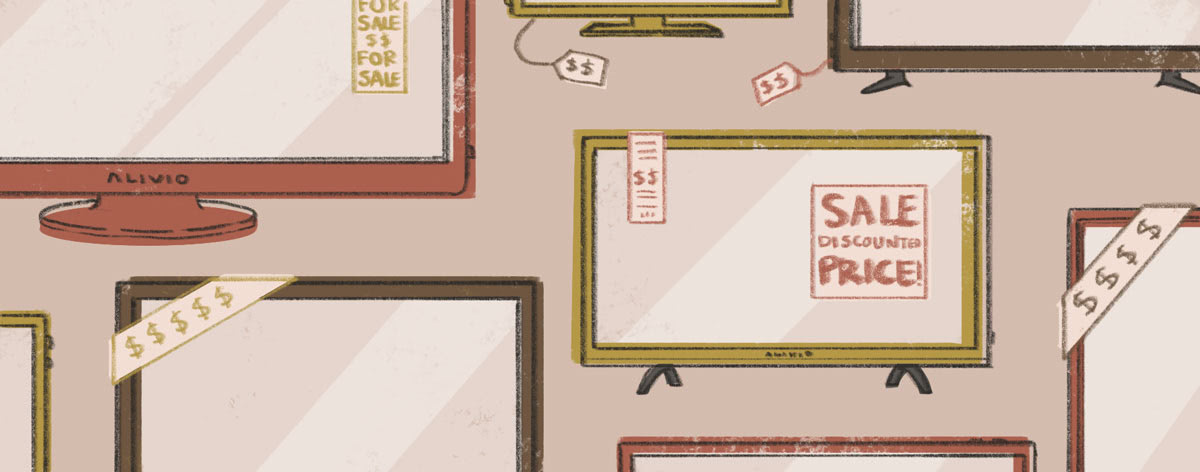

Best Practices for Using a Credit Card
In this article:
Get the Right Card
The first step to best using a credit card is to get the right one. That means doing your research. You should consider your spending habits and priorities when it comes to rewards. Are you an avid traveler who wants to earn miles? Or maybe you’d rather just get cashback. If possible, it’s wise to avoid cards that charge annual fees or have extremely high-interest rates.
Once you’ve decided on your priorities, search for cards that will work with your current situation. You should only apply for a card once you feel fully confident that this card will suit your needs and give you the best deal. You should also be fairly confident that you will qualify for it—if your credit score is too low, the company won’t approve your application. Never apply for a card if you're uncertain whether you can make payments. Multiple applications in a short period of time and rejections can have negative impacts on your credit score.

Pay Your Balance Off in Full and On Time
The single biggest thing you can do with your card to improve your FICO® Score and protect your finances is to pay off what you owe on time. You don’t want to be carrying over unpaid balances or consistently making late payments because these actions will have negative impacts on your score and can cause you to slip into a situation where you’re unable to pay off your debt. Paying your balance off on time every month will boost boost your FICO® Score and keep you from paying interest. If you've found yourself falling behind, that's okay. Make a plan to start paying off what you owe and get on top of your monthly payments.
Don’t Borrow Too Much at Once
You’ll need to keep an eye on how much you’re borrowing. When you’re approved for a credit card, you’ll be given a credit limit. This is the max amount that the credit card company will let you borrow at one time. If you constantly get close to that limit, creditors can view you as a high risk borrower. The percentage you use of available credit is your credit utilization ratio. The rule is to keep your ratio under 30%; going any higher than this can damage your score. If it isn’t always possible to stay below that number, do your best to pay your balance down as soon as possible to make it less likely that the higher amount will be reported to credit monitoring agencies.
Use Your Card
With that in mind, don’t be afraid to use your credit card. While simply having a card can have a positive impact on your FICO® Score, it will be much more helpful if you actually use it. A credit card offers revolving credit. When you take out a loan, you slowly pay off the amount that you borrowed, plus interest. With a credit card, as soon as you pay off the amount that you’ve borrowed, you can borrow it again.
Consistent use builds your credit history and shows potential lenders that you can borrow and pay back money responsibly.
Diversify
Finally, while a properly managed credit card can give a good boost to your FICO® Score, it will be even better if it isn’t alone. That means that auto loans, a mortgage, and other kinds of loans can also have a positive impact on your FICO® Score. Within reason, the more borrowing history that you have, the better. Of course, you also want that history to be filled with accounts where you made steady payments and eventually paid them off. Building your FICO® Score requires balancing multiple credit types where you consistently make your payments without overwhelming yourself or opening too many accounts all at once.
Neither Banzai nor its sponsoring partners make any warranties or representations as to the accuracy, applicability, completeness, or suitability for any particular purpose of the information contained herein. Banzai and its sponsoring partners expressly disclaim any liability arising from the use or misuse of these materials and, by visiting this site, you agree to release Banzai and its sponsoring partners from any such liability. Do not rely upon the information provided in this content when making decisions regarding financial or legal matters without first consulting with a qualified, licensed professional.

